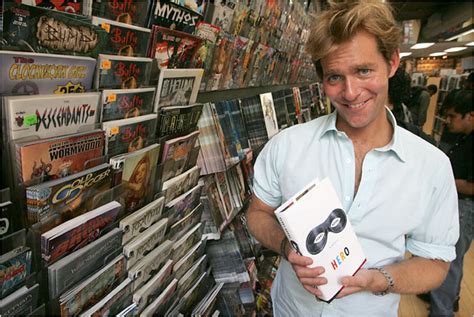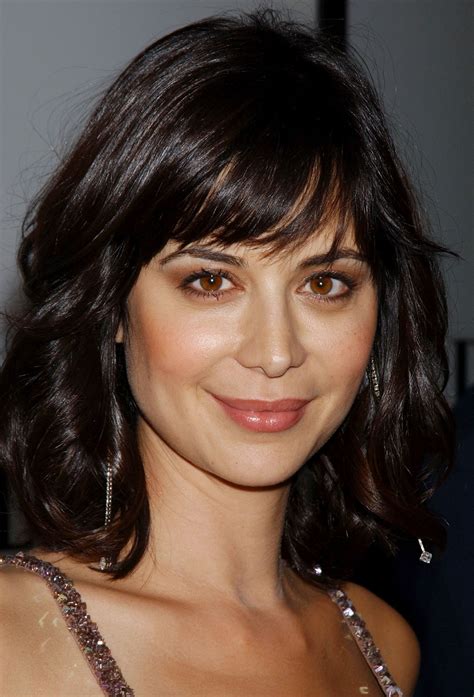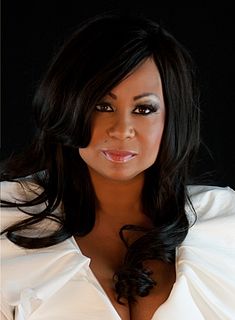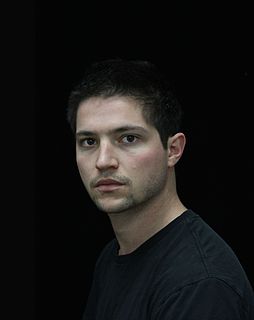A Quote by Biz Stone
We realized we weren't really using Odeo, we weren't investing our own time creating podcasts. We were building a tool that was a great idea for some other people. That's a dangerous way to go because if you don't actually use it yourself and love it, then you aren't going to be as fully invested in it from the start. That's what leads you to doing side projects.
Related Quotes
I think our science is a marvelous tool. Of course it has its politics, its failings, its mistakes, like all other human endeavors, but I think the methodology of our science - using it to postulate and to use the proper approach of creating falsifiable hypotheses and then testing them to see if they ring true, and then progressing by finding the anomalies to our theoretical structure, and then improving our theoretical structure to take care and test the anomalies - is the way to go, because that helps us discover what the universe.is all about and our relationship to it.
I was obsessed with the scientific instruments people were building and all the weird experiments they were doing. I did actually wind up working in some of that, but there were whole sections I'd written about these instruments that ultimately had to be abandoned when I realized that the book really was about Margaret Cavendish. I couldn't justify using all of them.
You can't go on like you're going to start really living one day like all this is some preamble to some great life thats magically going to appear. I'm a firm believer that you have to create your own miracles, don't hold out that there's something better waiting on the other side. It doesn't work that way. When you're gone, you're gone. Don't wait.
Creating my own roles, as an actor, is great. You're so at the mercy of other people, and you're waiting for a job. That's just a horrible way to live, so I just decided to take matters into my own hands, find my own projects, and create them myself, and then do other stuff that people might throw my way as well.
Going to the office of some stranger and waiting in a line, in a hallway, with five other guys who look just like you, waiting your turn to go in and embarrass yourself, and then waiting around for feedback, which never comes. I really like that. For a young artist, it seems like the perfect thing to be doing, humiliation, over and over and over and over. Which I'm sure can't be the way that some people look at it, but I thought that was so great. The point of it is if you make your own stuff you don't have to deal with other people's bullshit.
A lot of people want to start a business, and they're like, 'I wanna start a business, give me some money to invest.' Where is your business plan? Are you investing money yourself into your own business? How is this going to work? People think that they can just come to you with an idea and have money.
One side of service is serving, but the other side is creating the space in oneself where the possibilities of giving one's best become feasible. If you let go of your own compulsion and greed the things you are conditioned into by your culture then the more archetypal, more universally valid, more human, more compassionate, wiser activities and thoughts can come to your mind and you can dedicate yourself to them more fully.
Because we're becoming such an urban nation, we're going to need to be producing so much more food in cities. These institutions have members, obviously. They have the resources to start projects like urban farms and gardens, teaching tools, and the ability to educate their members so that they can then go home and start their own urban gardens. I just really think that faith-based institutions can take the lead in creating community-based food systems, and I'd really like to see that happen.
Great artists are products of their own time: they do not spring forth fully equipped from the head of Jove, but are formed by the circumstances acting upon them since birth. These circumstances include the ambiance created by the other, lesser artists of their own time, who have all done their part in creating the pressure that forces up an exceptional talent. Unjustly, but unavoidably, the very closeness of a great artist to his colleagues and contemporaries leads to their eclipse.
If you're a leader at any level and your people aren't challenging you, you've got to change that or you can't be a leader here because you're not going to be using ideas, you're not going to have innovation, you're not going to fully develop your people. And if you're working in a group and you don't challenge, then you're not really doing your job.


































